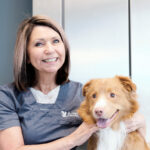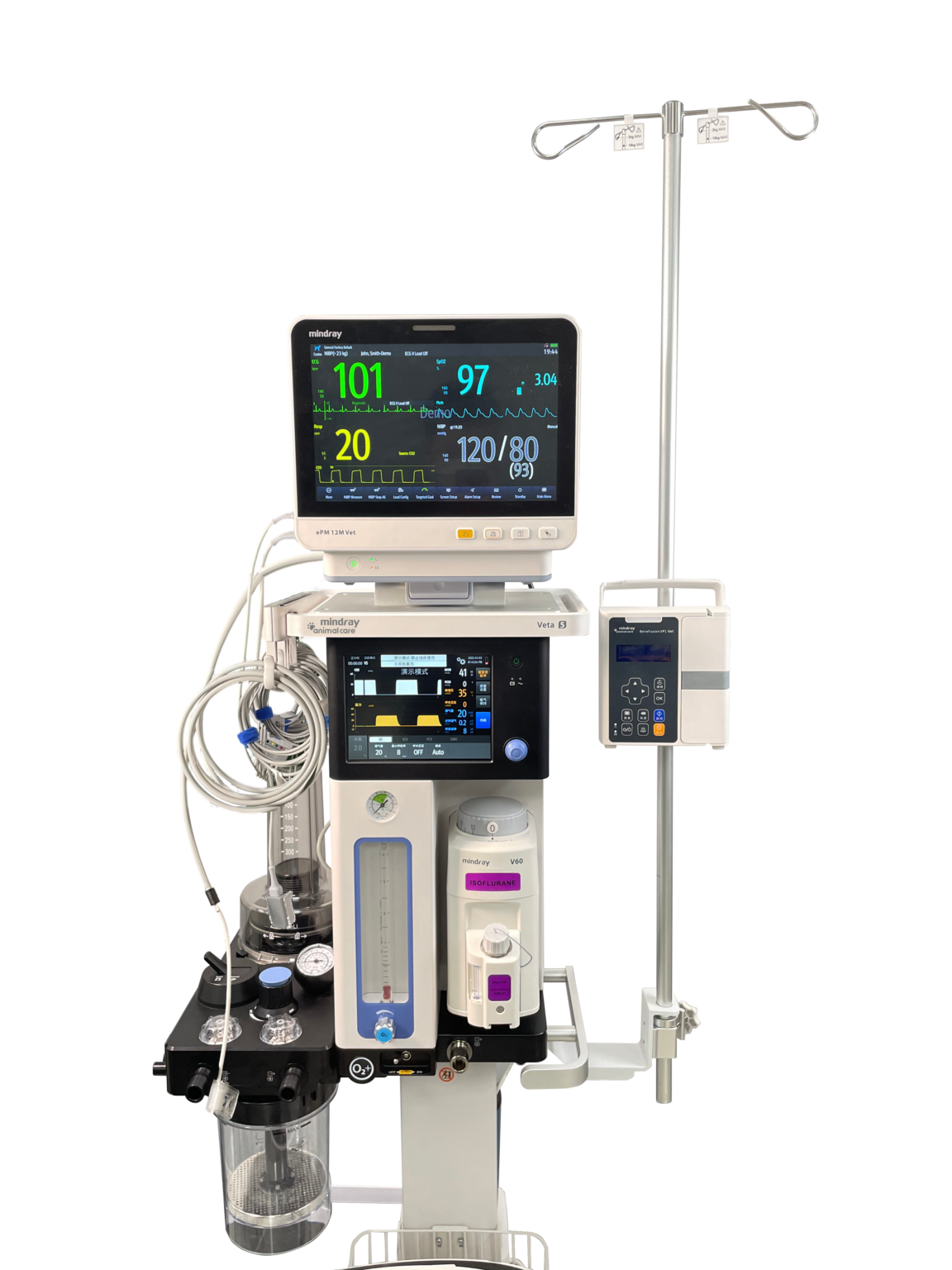Kennel cough - what is it and how to treat it?
Kennel cough is a collective term for respiratory infections in dogs, which can be caused by several different viruses and bacteria. The disease has been named kennel cough, precisely because it often occurs in dogs that are close to other dogs. The most common cause of respiratory infection is canine parainfluenza virus type 2 (CPiV-2) and canine respiratory coronavirus (CRCoV).
Table of contents
Symptoms of kennel cough
The symptoms of kennel cough can resemble typical cold symptoms in us humans, and often manifests itself in the form of dry cough, phlegm cough og fatigue (tiredness). The cough often occurs in connection with activity and can sound violent, loud and barking. It may sound as if the dog has caught something in the throat, and sometimes the cough can become so violent that the dog vomits and vomits mucus.
The dog can also get a fever, but mostly manages without a particularly reduced general condition. However, the symptoms can vary depending on which virus and bacteria the dog is infected with, and if the bacterium Bordetella bronchiseptica is involved.

How is it contagious?
Kennel cough is spread via droplet transmission. In other words, dogs can be infected by other dogs, in the same way that we can get sick from being around other sick people. Therefore, the infection pressure is highest among dogs that are often in close contact with each other, such as at exhibitions, kennels and competitions. The infectious substances can also survive on objects and surfaces, and thus spread indirectly through, for example, equipment.
Dogs that have recovered or are symptom-free can also be contagious. The incubation period, i.e. the time from when the dog becomes infected until the disease strikes, is usually between 4 and 10 days. Kennel cough is not contagious to other animal species or humans, but in very few cases the disease can be transmitted to both cats and humans via the Bordetella bronchiseptica bacterium.
Treatment and advice for infected dogs
So, how should one behave if one suspect that the dog has a respiratory infection? In many ways, the advice is the same as when we humans get sick.
Kennel cough is rarely dangerous for healthy dogs, but we recommend contacting a vet if your dog develops a cough, especially if it has a weakened immune system. To avoid infecting other dogs, you should make an appointment in advance if the dog is going in for a physical examination, so that it is not in contact with other dogs in the waiting room. In general, coughing dogs should be isolated from other dogs for 2 weeks from the onset of symptoms. If the dog is healthy and the cough has subsided, it can usually greet other dogs again after the 2 weeks.
When we receive a dog with a cough, we carry out a clinical examination to ensure that the cough is not caused by pneumonia or another disease. As long as it is not a serious infection, there is usually no need for medical treatment. If necessary, the dog can be given anti-inflammatory medicine to relieve irritation in the throat. Is your friend showing symptoms of kennel cough? Book an appointment for an examination at our clinic in Larvik here!
We also recommend following these tips to ease symptoms and discomfort:
- Keep the dog calm and avoid strenuous activity until the cough subsides.
- If you normally wear a collar, it is a good idea to switch to a harness to avoid pressure on the trachea.
- Avoid drafts and hot, dry air - this can worsen the coughing.
- Feel free to soak up the food if the dog coughs heavily.
Prevent kennel cough
Considering that kennel cough is highly contagious, vaccination is the most effective preventive measure that can be taken. We recommend the kennel cough vaccine to all dogs in Norway. The vaccine provides protection both against infectious agents from the parainfluenza virus and the Bordetella bronchiseptica bacteria. The dog is still not 100% protected by vaccination, and can still be infected by kennel cough. However, vaccinated dogs experience much milder symptoms, and are better protected against serious infection and pneumonia.
Elisabeth is a veterinarian and authorized ophthalmologist with specialization in eye surgery, as well as further training in internal medicine, general surgery, oral surgery and ultrasound from the European School for Advanced Veterinary Studies in Toulouse.
-
Elisabeth Bjørnestadhttps://www.a-vet.no/author/elisabeth_bjornestad/
-
Elisabeth Bjørnestadhttps://www.a-vet.no/author/elisabeth_bjornestad/
-
Elisabeth Bjørnestadhttps://www.a-vet.no/author/elisabeth_bjornestad/
-
Elisabeth Bjørnestadhttps://www.a-vet.no/author/elisabeth_bjornestad/


